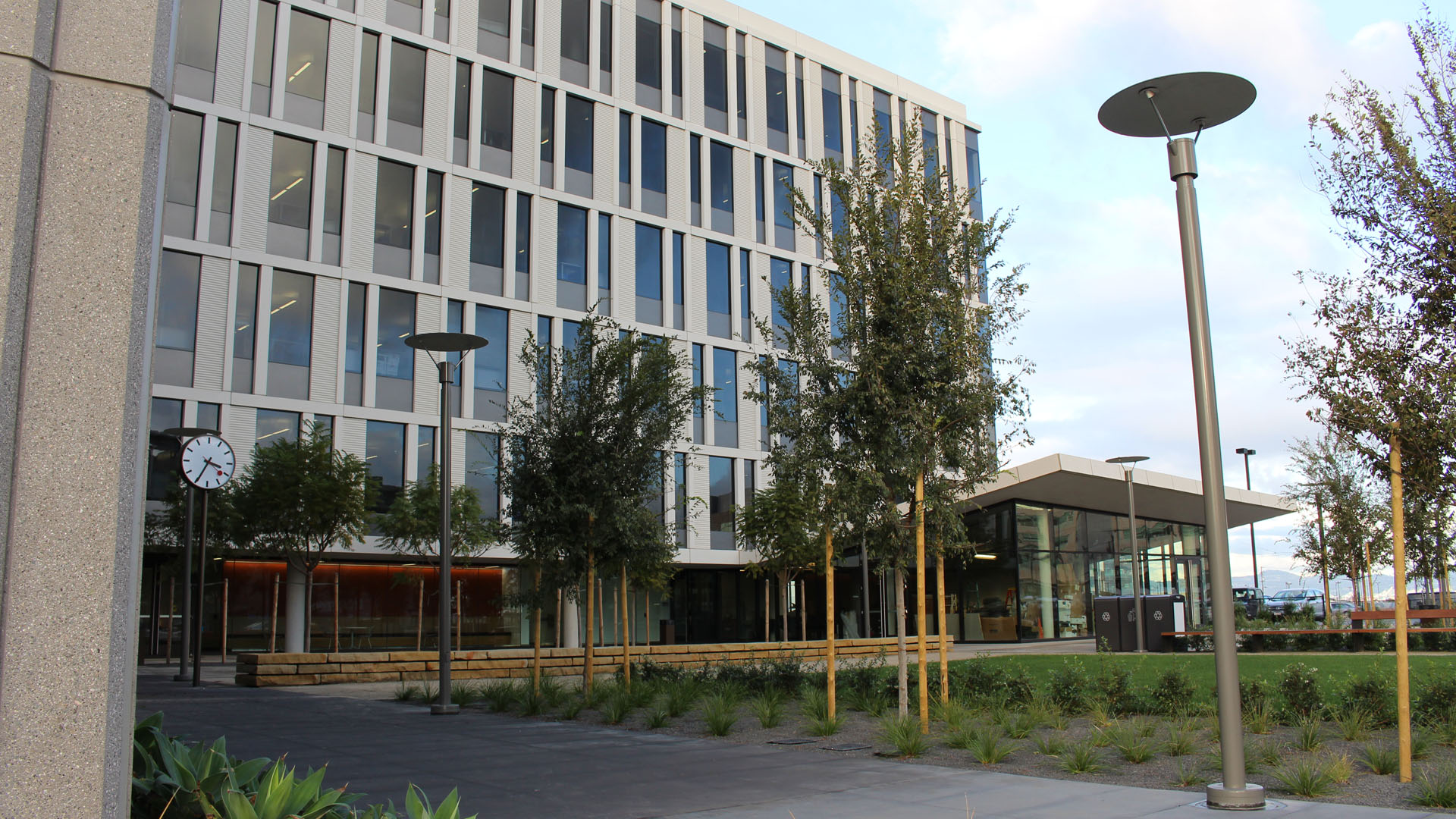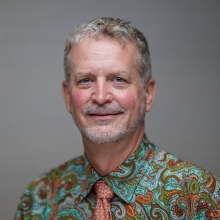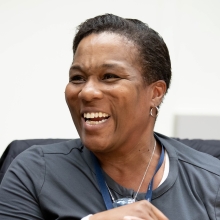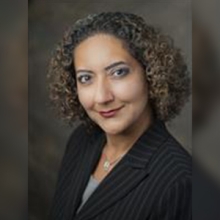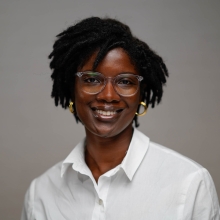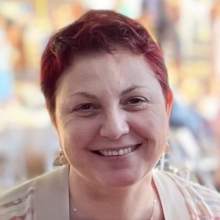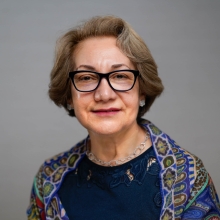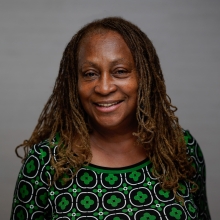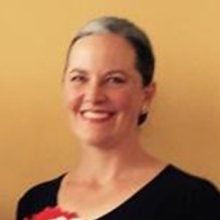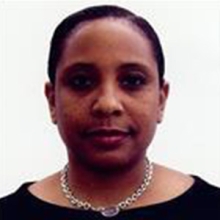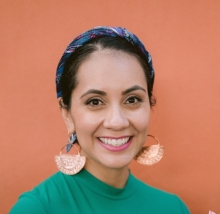Research Coordinating Center for Reducing Disparities in Multiple Chronic Diseases
Significant disparities in prevention, treatment, and management of multiple chronic diseases exist along intersecting racial, cultural, socio-economic, and vulnerable population contextual lines; community engagement and culturally informed multilevel approaches are required to effectively reduce these disparities. The UCSF Research Coordinating Center applies its significant expertise, experience, and capacity in community-engaged research, disparities research, program implementation with underserved and vulnerable populations, data science, and major chronic diseases to serve and support a nationwide research coordinating and technical assistance center.
RCC Units
Organizational and Management Unit
The Organizational and Management Unit (OMU) is responsible for:
- Providing structure for communication and collaboration across the Health Equity Action Network
- Evaluating Network progress in research related to achieving equity in prevention and treatment of multiple chronic diseases
- Sharing research findings and resources within the network as well as with the general public
- Providing a monthly newsletter that is shared with all consortium members to serve as updates on news and information pertaining to the Network
The OMU develops and manages this website and fosters collaboration between the other Network Units (Community Engagement, Investigator Skills Development, and Common Data Elements and Data Harmonization). In partnership with the 11 Research Centers across the United States and their community partners, the OMU creates a comprehensive collaboration plan to ensure the free flow of information across the Network. The OMU also supports a national Administration Working Group.
Research Coordination and Data Management Unit
The Research Coordination and Data Management (RCDM) Unit provides secure, state-of-the-art common data element collection, data integration, data harmonization, curation, and data sharing tools to the RD-MCD Research Consortium projects. The RCDM coordinates the following network-wide services:
- Data Harmonization & Common Data Elements Working Group
- A secure and accessible data warehouse hub for RD-MCD Consortium data
- Technical assistance and guidance on implementing multiple data standards and cross-study instruments including PhenX toolkit collections (e.g. Social Determinants of Health)
- Up-to-date RD-MCD information, tools, and resources
- Provides a monthly newsletter that is shared with all consortium members to serve as updates on news and information pertaining to the Network
Community Engagement Unit
The Community Engagement (CE) Unit convenes the consortium’s Community Engagement Working Group (CEWG) and provides support for successful execution of the proposed projects at each of the 11 P50 centers. The CE Unit also convenes and sustains the Network Community Advisory Board (NCAB). The Coordinating Center CE unit assesses needs for technical assistance across the consortium and identifies speakers and organize relevant seminars, webinars, and other trainings to address these needs. The CE Unit provides material support for community engagement and facilitates collaboration between the stakeholders from each center within the consortium.
- Community Engagement Working Group (CEWG)
Convening the centers’ CE leaders on a regular basis in the CEWG and affiliated subcommittees support sharing of best practices and learnings across the consortium; drive new models for the evaluation of CE work; and identify and propose redress for structural challenges in community engagement. - Network Community Advisory Board
A national Network Community Advisory Board (NCAB) is a unique concept that ensures that consortium-associated community partners serve as advisors to the coordinating center. NCAB members are identified and nominated to the NCAB by the academic partners from the center that they represent. In addition to advising the coordinating center, the NCAB identifies technical assistance needs for community partners. - Monthly Newsletter
The Research Coordinating Center provides a monthly newsletter that is shared with all consortium members to serve as updates on news and information pertaining to the Network.
Investigator Skills Development Unit
As part of the Research Coordinating Center, the goal of the Investigator Skills Development Unit (ISDU) is to aid in the development and ongoing support of early-stage investigators with a focus on eliminating disparities in multiple chronic diseases (MCD) and conditions. To achieve this goal, this unit:
- Coordinates efforts to establish and maintains diverse skills development opportunities built upon the expertise of the MCD P50 Centers
- Shares best practices for investigator development across P50 Centers
- Fosters cross-P50 Center collaboration
- Facilitates broad access to research mentors and other resources
- Addresses the needs of MCD researchers within various professions and settings
- Provides a monthly newsletter that is shared with all consortium members to serve as updates on news and information pertaining to the Network
The ISDU also leads the cross-P50 Center Investigator Skills Development Working Group (ISD-WG), which meets monthly to coordinate and foster collaborative efforts among the P50 Center Investigator Development Cores.
- Investigator Skill Development Working Group (ISD-WG)
The ISDU hosts monthly meetings with member representatives from each of the 11 P50 Center Investigator Development Cores. These working group meetings support P50 Center Investigator Development Cores in their efforts to provide research skill training, addressing challenges collectively, and fostering cross-Center collaboration. - Monthly ISDU Webinars
We offer diverse skill development opportunities through webinars and selected virtual and in-person workshops. The development opportunities are matched to the Consortium needs and cover four major domains: 1) Research Methods, 2) Chronic Disease Disparities in Diverse Communities, 3) Structural Competency, and 4) Career Development. - Mentoring
In order to provide better access to mentors, the Investigator Skills Development Unit facilitates linkage to NIH’s National Research Mentoring Network and mentors across the MCD-DR Consortium (P50 Centers). - Annual Investigator Training Workshop
In conjunction with the annual MCD Consortium meeting, the Investigator Skills Development Unit implements and leads skills development workshops throughout the general meeting. The workshops will be focused on research methods, career development, and networking with topics prioritized from a poll of MCD trainees. The workshops will be organized as parallel modules allowing junior investigators to choose those sessions of most value to their skills development. In addition, work in progress will be presented by junior investigators. - Monthly Newsletter
The Research Coordinating Center provides a monthly newsletter that is shared with all consortium members to serve as updates on news and information pertaining to the Network.
